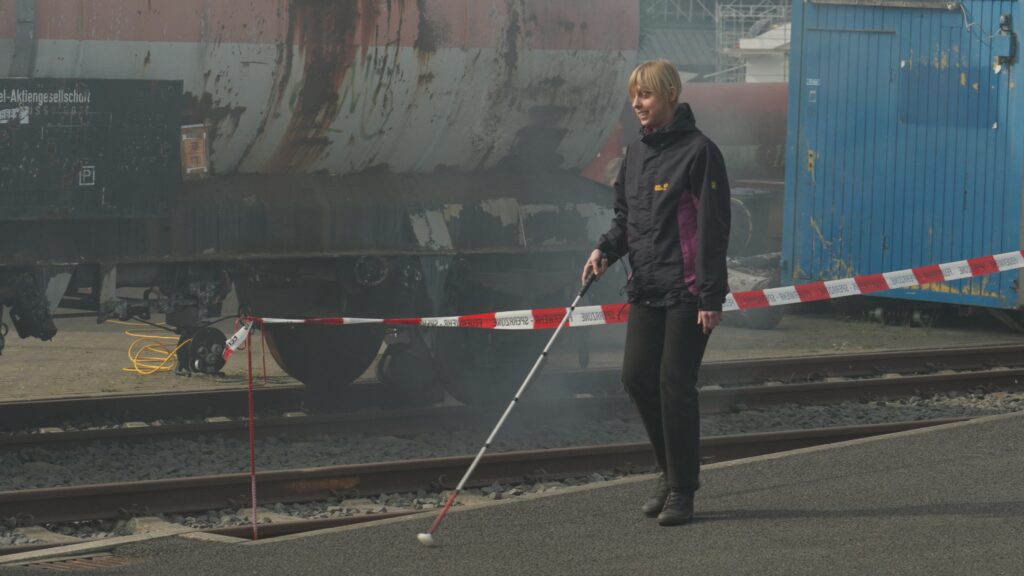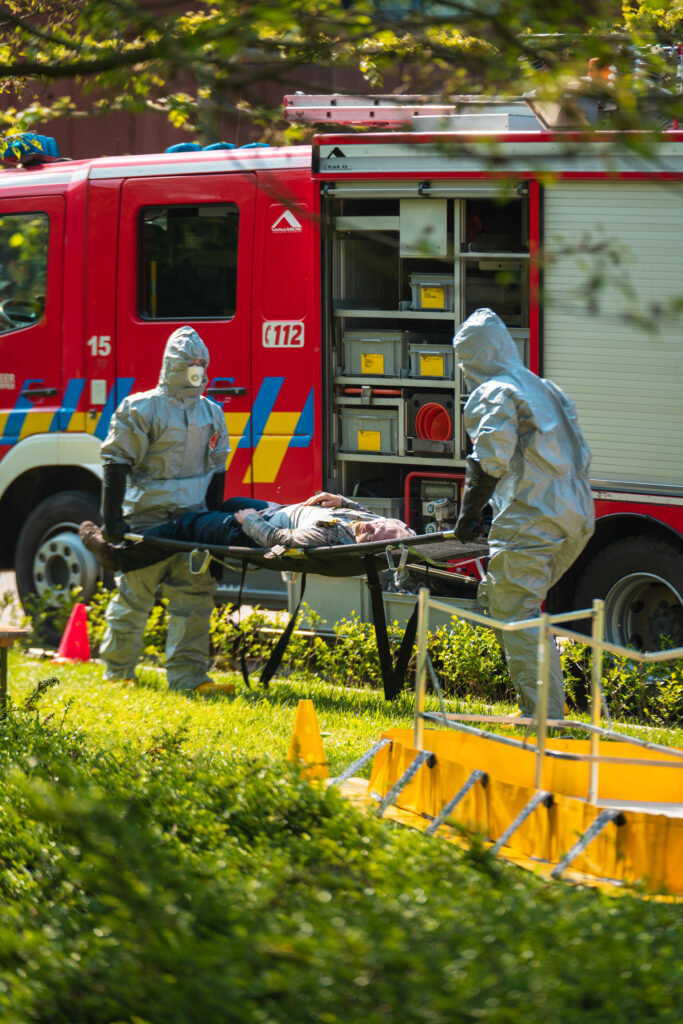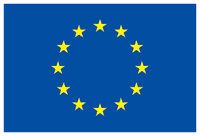By Grigore Havarneanu
PROACTIVE stands for “PReparedness against CBRNE threats through cOmmon Approaches between security praCTItioners and the VulnerablE civil society”. It was a Research and Innovation Action funded by the European Commission under the Horizon 2020 program. The project started in May 2019, ended in August 2023, and had a budget of €4.97M.
The main objective of PROACTIVE was to enhance preparedness against and responses to CBRNe incidents through improved harmonization of procedures between various categories of practitioners, and a better articulation of the needs of vulnerable citizen groups.
For more than 4.5 years the project brought together CBRNe practitioners and civil society, including representatives of vulnerable groups which was a big achievement in the European Research and Innovation world.
The consortium, coordinated by the International Union of Railways (UIC) in Paris, included 15 partners among which law enforcement agencies, transport and health practitioners, academia and small and medium-sized enterprises (SMEs). The consortium united interdisciplinary expertise from 12 countries, specifically: Bulgaria, Czech Republic, France, Latvia, Germany, Ireland, Norway, Poland, Spain, Sweden, UK, and Ukraine.
A Human-Centered Approach in CBRNe
The project used social science and humanities (SSH) methods, such as literature reviews, surveys, workshops, interviews, and focus groups to facilitate face-to-face interaction between CBRNe practitioners and citizens in controlled settings simulating CBRNe incidents. This allowed the project team to test tools and study natural interactions in such situations, for example through observational coding of behaviors.
PROACTIVE first ran a tabletop exercise in France in April 2022 with more than 40 participants from 15 different countries. During the event practitioners and civil society came together to learn about one another’s expectations. The scenario, which involved a CBRNe incident on a regional passenger train, helped to identify gaps between first responders’ intended actions and vulnerable citizens’ needs.
Then, together with the EU H2020 project eNOTICE and their training center partners, PROACTIVE co-organized three field training exercises in three EU countries: Germany (May 2022), Italy (November 2022) and Belgium (May 2023). In these exercises, members of the public from local communities were recruited as role play victim volunteers, instead of the usual practice of actors or off-duty first responders playing the role of the victims.

These three exercises were conceived as successive learning loops and therefore each time grew in scale and complexity. They allowed PROACTIVE to repeatedly study the interactions between CBRNe practitioners and members of civil society and to test some of the tools developed by the project.
Something that has Rarely Been Done Before
Moreover, PROACTIVE ensured that at least 15% of role play volunteers represented a vulnerable group. To help define and contextualize vulnerability, PROACTIVE used the flexible CMIST framework built on five essential function-based needs that should be met for all persons. These are:
- Communication
- Medical/health
- Maintaining functional Independence
- Support, safety & self-determination
- Transportation.
In its activities, PROACTIVE focused on the groups of people who are expected to need additional support from CBRNe practitioners. This way, practitioners can better prepare themselves and take the necessary steps to ensure the right support is in place for persons with vulnerabilities during CBRNe incident response.

Inclusive Co-creation and Co-design of Tools
After an implementation period of 52 months, the EU-funded H2020 project PROACTIVE can help security practitioners make CBRNe crisis preparedness and response fair, accessible and inclusive. The project consortium has been liaising with more than 100 practitioner organizations and more than 50 civil society organizations, including vulnerable groups. These stakeholders have been directly involved in a multitude of research and innovation activities. This strong engagement allowed PROACTIVE to co-create several tools through an iterative design process. These tools are the PROACTIVE:
- Core Recommendations,
- Crisis Communication System,
- Aide Memoire for training exercises involving vulnerable groups,
- Pre-Incident Public Information Materials,
- Policy Making Toolkit.
Most of these have been tested in the field exercises where members of the public interacted with first responders. In parallel, UIC worked on strategies to enhance cooperation between specialized first responders and operators of critical infrastructures such as railways.
Altogether, these actionable and easy-to-use outputs will hopefully allow CBRNe practitioners and policymakers to improve societal resilience.
A more in-depth article about key PROACTIVE outcomes will be published in a paper edition of the CBNW Magazine next year.
All the public PROACTIVE results can be found on the project website: https://proactive-h2020.eu/. You can also follow PROACTIVE on Twitter/X (@PROACTIVE_EU), LinkedIn (https://www.linkedin.com/company/proactive-eu/), and YouTube (https://www.youtube.com/@PROACTIVE_EU).
Acknowledgement

This project has received funding from the European Union’s Horizon 2020 research and innovation program under grant agreement No. 832981. Views and opinions expressed are those of the author(s) only and do not necessarily reflect those of the European Union. Neither the European Union nor the granting authority can be held responsible for them.
Grigore Havarneanu (PhD) is a Traffic and Transport Psychologist with international experience as researcher, project manager and lecturer. He is a Senior Security Research Advisor at the International Union of Railways in Paris, where he is involved in European research projects and leads EU-funded project proposals. He coordinated the PROACTIVE project and conducts applied psychology and human factors research to improve the safety, security and resilience of land transport. E-mail: [email protected]





